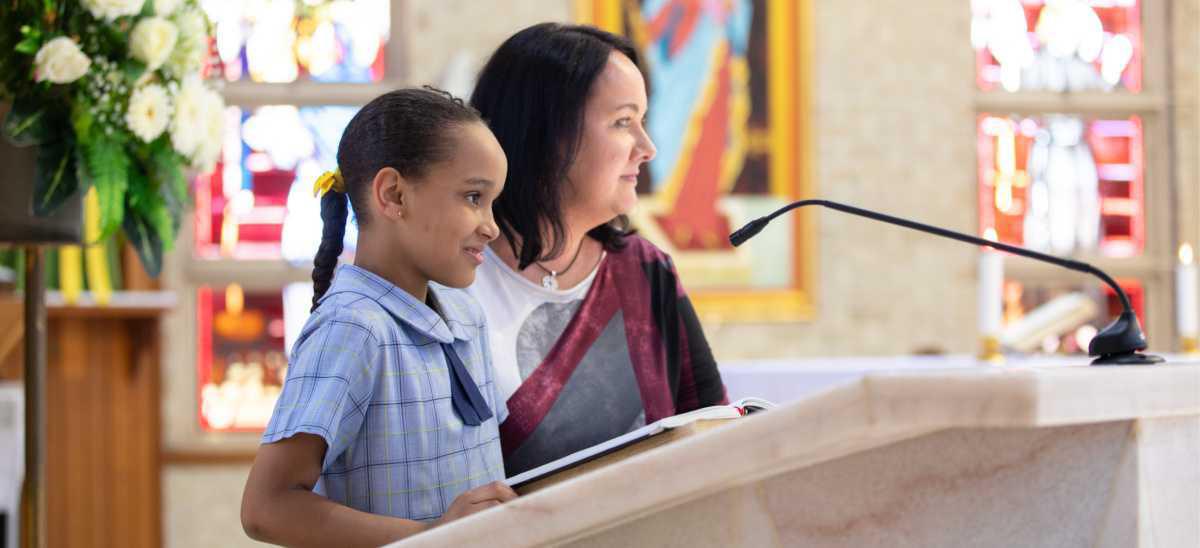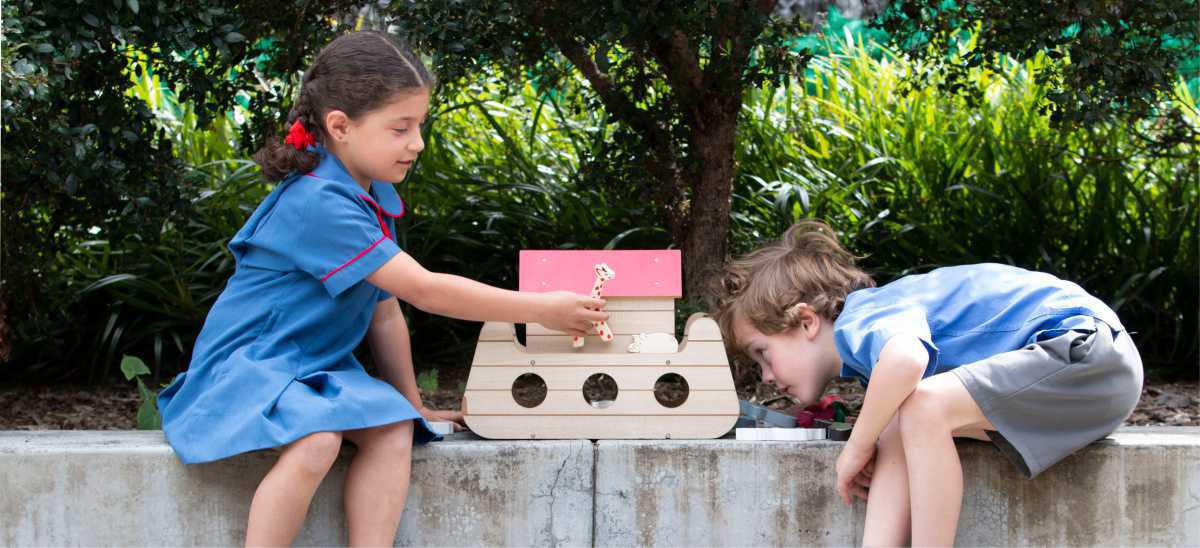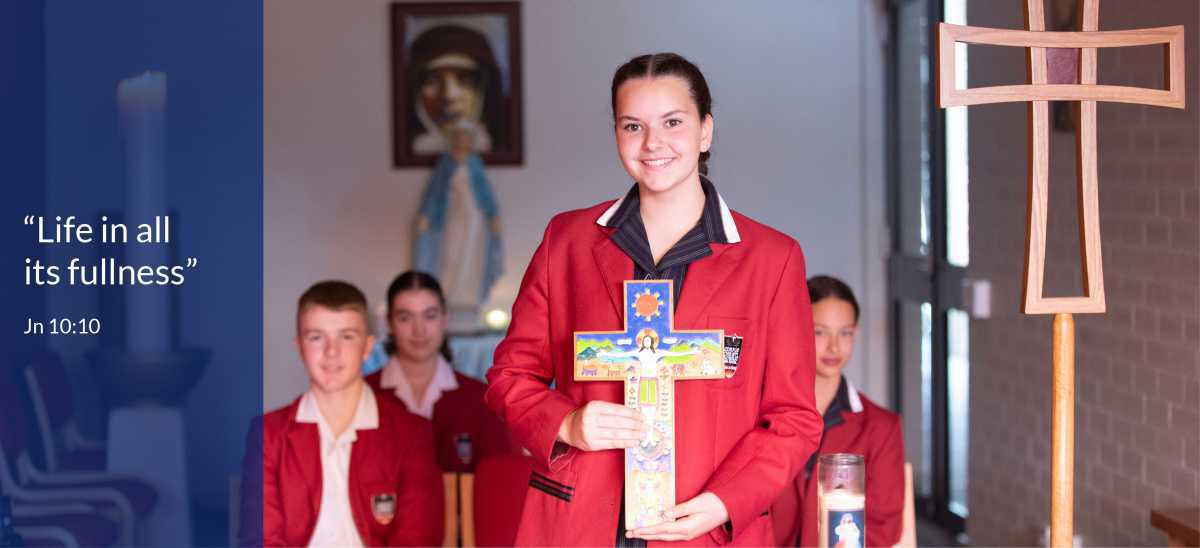The aim of this focus area is to further engage students and staff in the beauty and depth of the Catholic faith through effective methods of formation, both old and new, that speak to the contemporary experience of believers and those searching for faith and meaning.
As a significant—if not the only—point of contact many students and their families have with the Church, our Catholic schools have a responsibility to live out the Great Commission in a way that is engaging and faithful to the Catholic Tradition: “Go, therefore, make disciples of all nations, baptise them in the name of the Father and of the Son and of the Holy Spirit, and teach them to observe everything I have commanded of you” (Mt 28:19-20).
As Pope Francis has noted, “Catholic schools, which always strive to join their work of education with the explicit proclamation of the Gospel, are a most valuable resource for the evangelisation of culture”.[1] This means that at the heart of all our endeavours, God’s mission is our mission as expressed in the life and teachings of Jesus. We are called to reveal the love of God made present in Jesus and express all that this implies for living “life in all its fullness” (Jn 10:10).
Independent research has found young people are experiencing a renewed openness to faith and spirituality, despite a societal trend away from organised religion. Our own data supports this, with many students (and parents) expressing a desire for more opportunities to meaningfully incorporate Catholic faith and practice into their day-to-day life. There is also a desire to engage in conversations about topics that are important and connected to their lived experiences, and to do so in the context of the Catholic faith.
Inspired by the evangelising mission of the Church, Catholic Social Teaching, and the synodal approach of the universal and Australian Church we will listen to the voices of students, staff, families and clergy; equip staff to engage confidently in topics of faith and life; and explore diverse methods of formation as we seek to “ensure young people have a personal encounter with Christ, develop an enduring relationship with God and the Church, and have a genuine apprenticeship in the Christian life”.[2]
Improvement indicators
Progress against this focus area will be measured by:
- Student perception of faith formation efficacy, relevance, and meaning
- Teacher confidence engaging students in light of the Catholic faith
Achieving our aim
To drive improvement in this focus area, we will:
- Provide opportunities that engage students in being active participants in their formation experience.
- Embed a culture of continuous and collective ministry that encourages students and staff to deepen the application of the Catholic faith in their daily lives.
- Provide staff with accessible and tailored professional development and formation in Catholicity (Scripture, liturgy, theology and Catholic Social Teaching) including experiences for open and authentic dialogue.
- Develop resources and processes to assist teachers in drawing connections between curriculum areas and the Catholic faith, informed by the Catholic intellectual tradition.
- Identify and implement new and creative ways of strengthening links between schools, families and the local Catholic community, including parishes.
1 POPE FRANCIS, Apostolic Exhortation Evangelii Gaudium (24 November 2013), 134.
2 AUSTRALIAN CATHOLIC BISHOPS CONFERENCE, 200 Years Young: A Pastoral Letter from the Bishops of Australia (18 February 2021).




